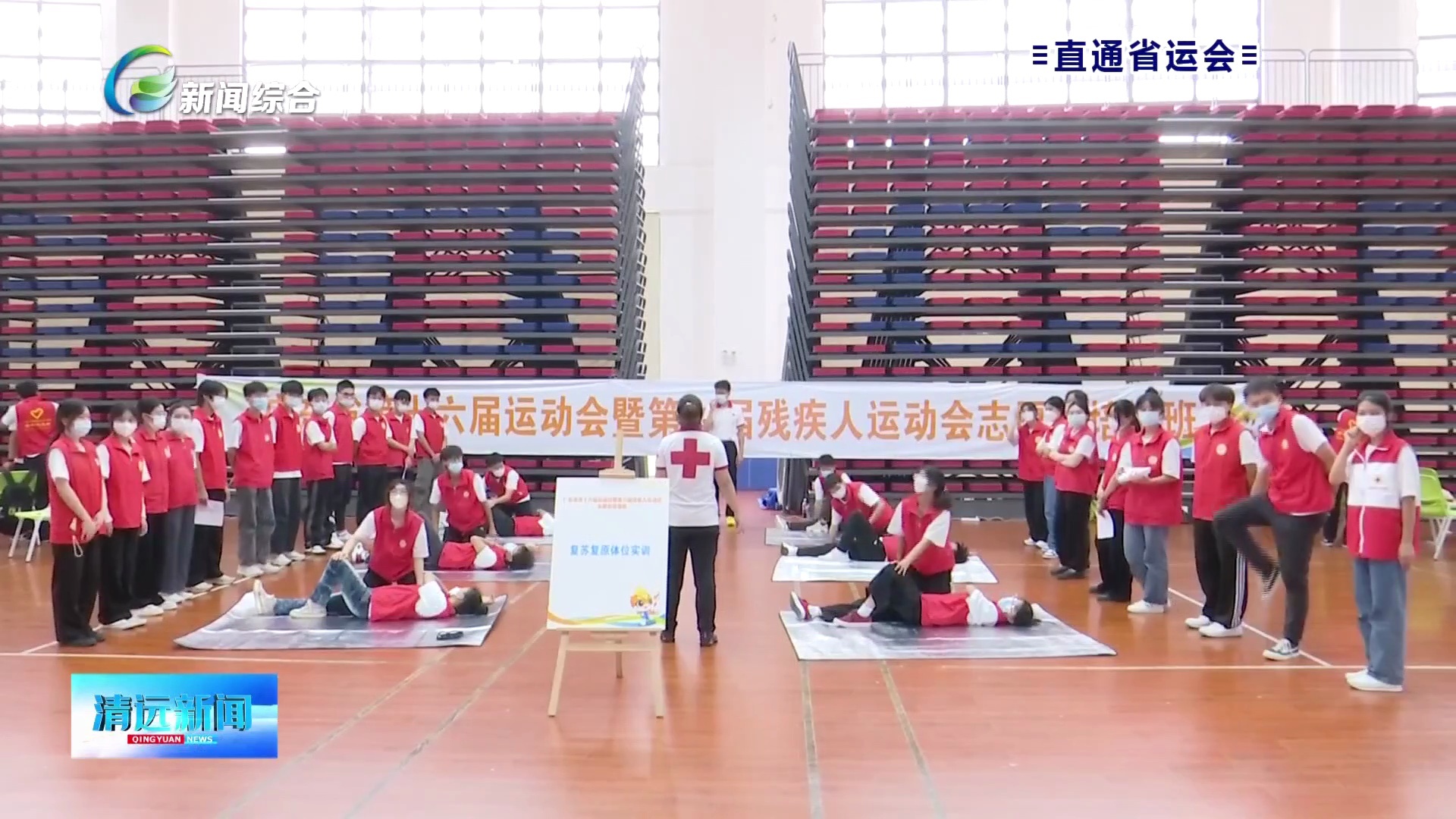Chinese Academy of Sciences: Ancient humans in southern my country are similar to ancient Indian genomes
Author:Jinan Times Time:2022.07.16
The reporter learned from the Chinese Academy of Sciences that experts from the Kunming Institute of Chinese Academy of Sciences used scientific methods to conduct ancient DNA genetic analysis research on the "Malu Cave" of the "Malu Cave" in Mongolia in Yunnan. It was found that the ancient human beings in southern China and the earliest American people and human beings had deep ancient ancestors' genetic connections. This scientific research achievement was published in the international academic journal "Contemporary Biology" on July 14, Beijing time.
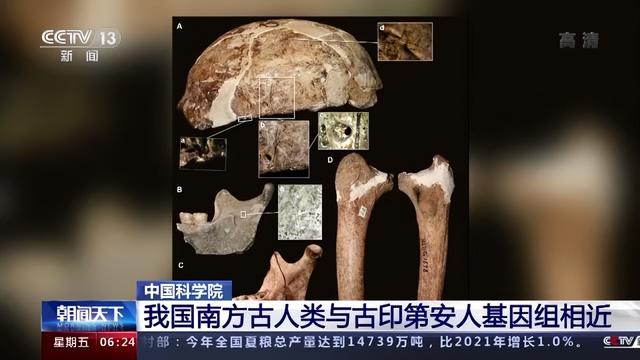
The "Malu Cave Man" unearthed in Mengnan in Yunnan was discovered at an open -air site in 1989. At that time, more than 30 human fossils such as a boundless hat, bone covering bone, burned skull and relatively complete near -end femoral bone were unearthed, and a large number of animal deer, musk, macaques, bear, wild boar and other animal fossils.
Ji Xueping, a researcher at the Institute of Animal Research of the Chinese Academy of Sciences: The skull has unique characteristics, and has a certain differences with the late pre -well -thoughting at the time.
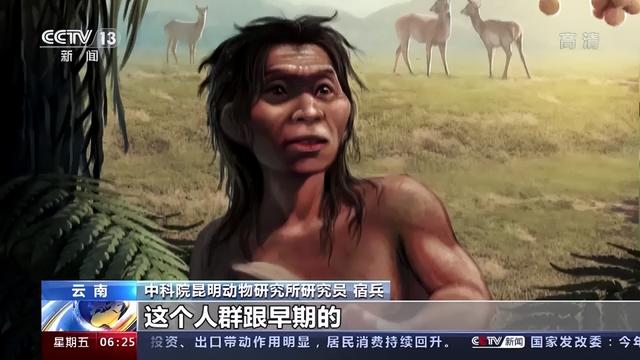
Soldiers, a researcher at the Institute of Animal Research of the Chinese Academy of Sciences: We found that the people of Mongolian (Malu Cave) were in the early days of the Indians who arrived in the Americas.
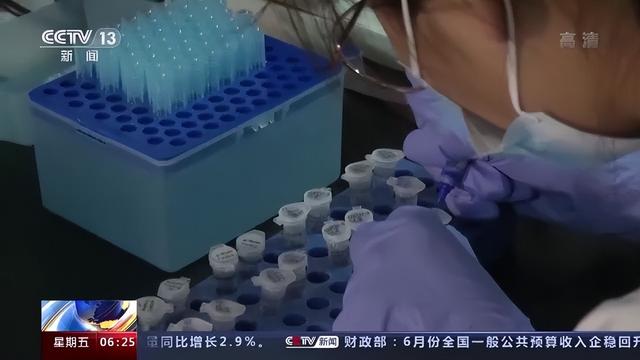
Previous scientific research results showed that the origin of the Indian people in the Americas was divided into two sources: East Asia and Central Asia. According to the genome of the "Malu Cave" and the genomic genome of the ancient Indians, scientific researchers have found that the two have similar characteristics on the genome. This shows that around 12,000 years ago, the East Asian population may indeed cross the Bai Ling Strait from the East Asian mainland and finally migrate to the Americas to become the ancestors of the ancient Indians.
(Source: CCTV News)
Edit: Han Luying
- END -
The Chinese Federation of Literature and Arts: "China Artists Association, Book Association away from administration" is false information
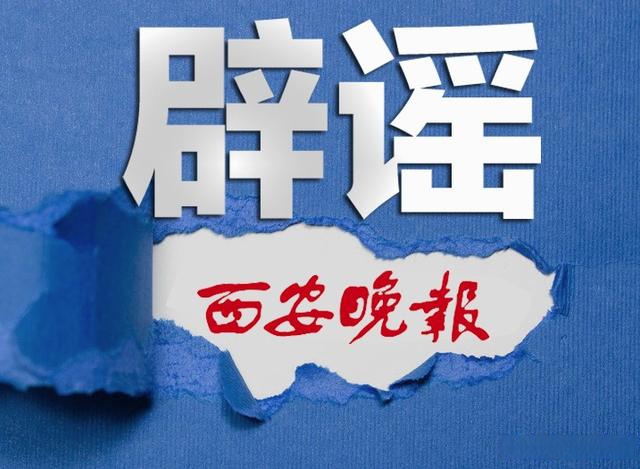
China News Service, Beijing, June 23rd. A few days ago, the Chinese Federation of ...
Qingyuan City has recruited thousands of volunteers to work for the Provincial Games
